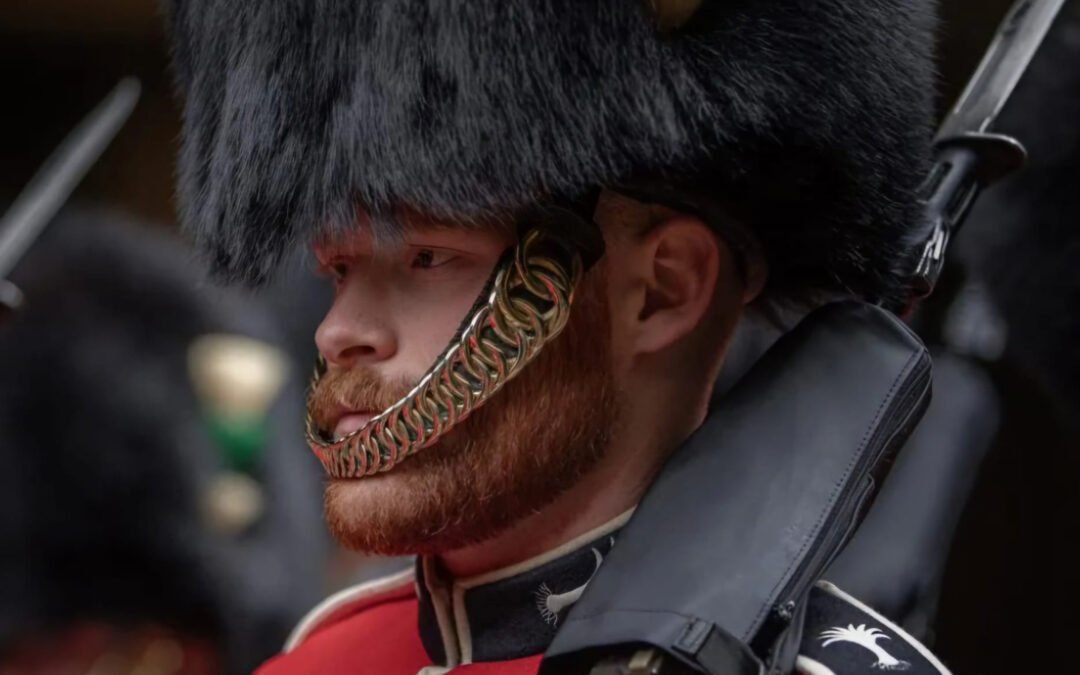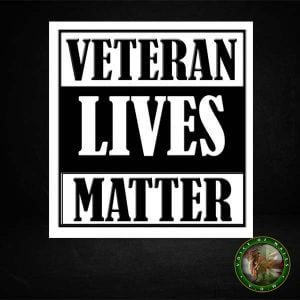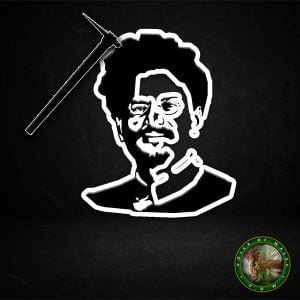In a surprising twist, the Welsh Guards have recently been granted permission to sport beards, breaking a century-old tradition. This decision has been heralded as “a breath of fresh hair” by some, while others view it as a concerning departure from established military standards. As the Welsh Guards—one of the elite regiments responsible for protecting the British monarch—begin to embrace this change, it is worth examining where this newfound freedom might lead.
The decision to allow beards comes after senior UK military figures, including General Sir Patrick Sanders and King Charles himself, lifted the longstanding ban. While this may seem like a small concession, it has the potential to set a precedent with far-reaching consequences.
To understand the potential impact, it is essential to look at the historical context. The British Army’s ban on facial hair dates back to World War I, driven by the practical need for a proper seal on gas masks. However, before this, facial hair was not only common but encouraged. Soldiers in the 19th century often sported impressive moustaches and beards, emulating the styles of the French Imperial Guard defeated at Waterloo. The recent reintroduction of beards could be seen as a nod to this historical precedent, but it also raises questions about the motivations and implications behind such a change.
The decision to allow beards might appear as a simple matter of personal grooming, but it could be the beginning of a slippery slope. The acceptance of facial hair might embolden soldiers to seek further relaxations in dress and grooming standards. Could this lead to more dramatic changes in military appearance, such as facial tattoos or other forms of body art? The notion is not entirely far-fetched; as societal norms evolve, the military is often pressured to follow suit.
Moreover, the symbolic nature of military uniforms and grooming standards should not be underestimated. The bearskin caps worn by the Foot Guards, including the Welsh Guards, are a powerful emblem of tradition and discipline. Allowing beards could be seen as a step towards diluting these symbols, potentially undermining the image of the regiment.
But the implications go beyond aesthetics. In a profession where unity, discipline, and a sense of shared identity are paramount, the introduction of personal choices like facial hair could create divisions. The military thrives on uniformity; deviations, even small ones, can erode the cohesiveness that is essential for operational effectiveness.
Furthermore, this change may have unforeseen practical consequences. While modern combat scenarios may not involve gas masks to the same extent as during World War I, the importance of maintaining a clean-shaven face for equipment functionality remains relevant. The introduction of beards could complicate the use of certain protective gear, potentially putting soldiers at risk.
Critics argue that this move reflects a broader trend of relaxing standards in response to societal pressures rather than maintaining the rigorous discipline that has historically defined the military. David Hiorth, an expert in military traditions, suggests that this is a sign of the world “digressing,” hoping for a return to stricter standards. Similarly, author Benny Bough highlights the inconsistency in allowing beards in the Army while the Navy has long permitted them, questioning the rationale behind such regulations.
It is essential to remember that the British Army’s motto is “To Be The Best” and its fundamental mission is “to kill the King’s enemies.” This is hardly aligned with societal norms of casual, civilian life. The military operates on principles that often require a departure from the everyday freedoms and flexibilities enjoyed by civilians, precisely because its role is unique and demanding.
In conclusion, while the introduction of beards in the Welsh Guards may seem like a minor change, it opens the door to a host of potential issues. From the erosion of tradition and discipline to practical concerns about equipment and unity, the implications are significant. The slippery slope from facial hair to broader relaxations in military standards is a path that should be carefully considered.
As the Welsh Guards march forward with their new beards, it remains to be seen whether this will be a simple adjustment or the beginning of a more profound transformation in military culture.






